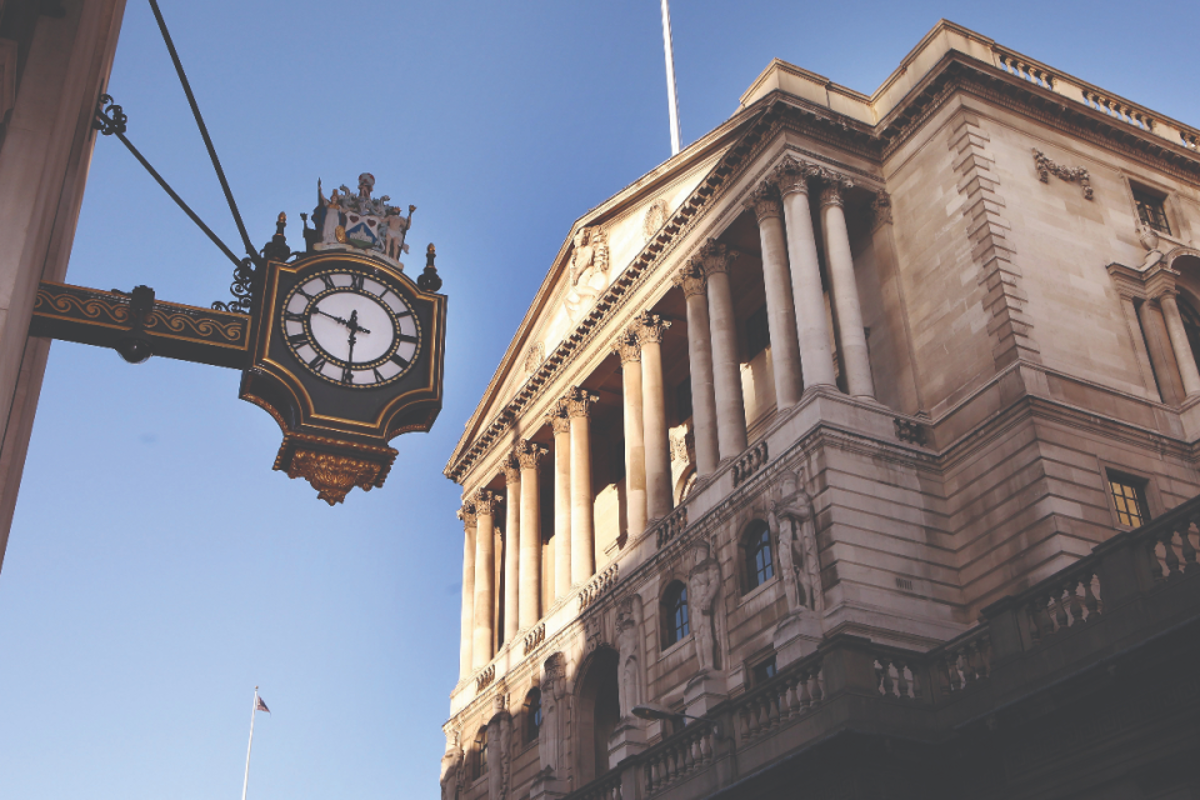| Updated:
More than half of the firms surveyed by the Bank of England expect to raise prices in response to the Budget, with reductions in staff and pay also on the cards.
The Bank’s decision maker panel showed that 54 per cent of firms expect to raise prices in response to the national insurance hike. The same proportion expect to lower employment.
38 per cent of firms expect to offer lower wages than they otherwise would have done, while 59 per cent said they would absorb the extra costs in profit margins. Just three per cent said it would have no impact.
The survey suggests that the national insurance hike may end up proving more inflationary than economists had first expected.
In the Budget, Chancellor Rachel Reeves increased the rate of employers’ National Insurance to 15 per cent, while also cutting the threshold at which firms must start paying the levy.
The Office for Budget Responsibility (OBR) assumed that the costs would likely be borne by workers, as firms passed on the extra costs through lower wages. However, the Bank’s survey indicates that firms are significantly more likely to raise prices or cut jobs.
“With lower wage growth the least common response, it seems likely that more of the payroll tax hike will feed into inflation than the MPC and the OBR assumed,” Rob Wood, chief UK economist at Pantheon Macroeconomics said.
The survey showed that firms’ expected price growth over the coming year rose to 3.8 per cent in November, up from 3.6 per cent in October. Expected employment growth, meanwhile, turned negative in November for the first time since October 2020, meaning firms expect to cut staff.
Reeves has tried to defend the Budget, arguing that her measures were necessary for preserving economic stability.
“If you take the measures that I set out in the Budget, in the round, it’s good for jobs and it’s good for growth,” she said at the Confederation for British Industry’s conference earlier this year.
Andrew Bailey, the Bank of England’s Governor, said the impact of the tax hike was the “biggest issue” for rate-setters in the immediate future.
“How companies balance the mixture of prices, wages, the level of employment, what is taken on margin, is an important judgement for us,” he said in an interview broadcast yesterday.
The Bank’s November forecasts suggested that the Budget will end up pushing up inflation by around half a percentage point.

